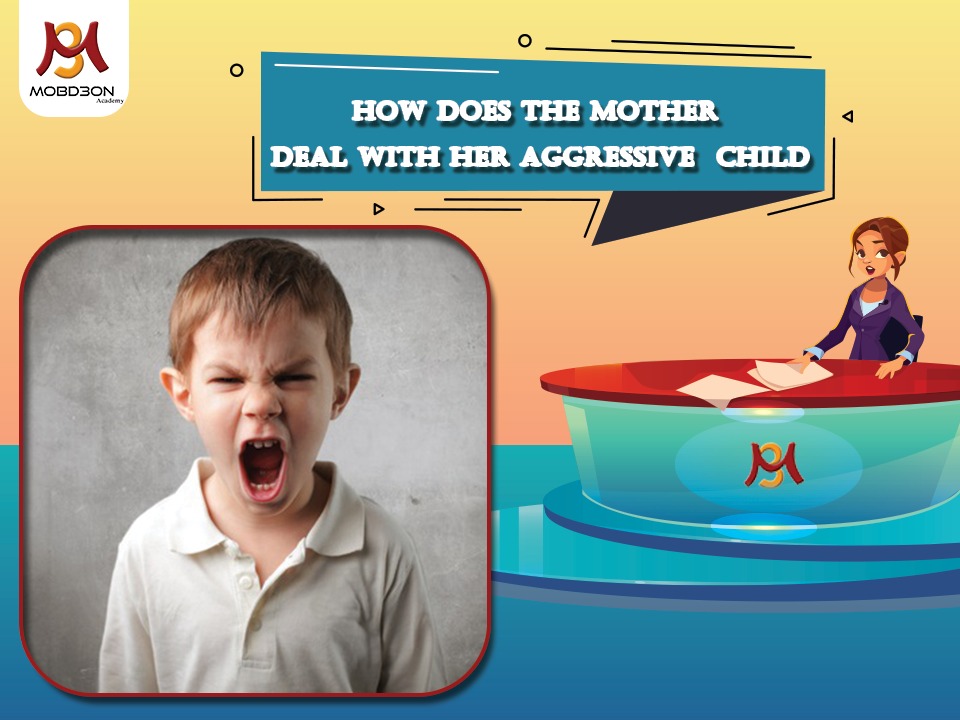
- Set firm and consistent limits. Children need to know what behavior is, and is not, permitted. Make sure that everyone who cares for your child is aware of the rules you set, as well as the response to use if he does exhibit this behavior. A child who kicks hits or bites should be reprimanded immediately so he understands exactly what he’s done wrong.
- Help your child find new ways to deal with her anger. Encourage her to use words to express her feelings rather than fighting with her body. Calmly ask your child to explain what has caused her to become so angry. Talking through the issue can help some children work through anger and calm down. If your child does not want to discuss it with you, she may feel comfortable “talking” to a pet, puppet, or imaginary friend.
Children don’t possess an innate ability to control themselves. They need to be taught not to kick, hit, or bite whenever they feel like it. A child needs a parent’s guidance to develop the ability to keep his feelings under control and to think about his actions before acting on impulse.
- Avoid encouraging “toughness.” In some families, aggressiveness is encouraged — especially in boys. Parents often use the word “tough” to compliment a child. This can cause a child to feel that she has to kick and bite in order to win parental approval.
- Don’t spank as a form of discipline. Some parents spank or hit their child as punishment. A child who is physically punished can begin to believe this is the correct way to handle people when you don’t like their behavior. Physical punishment can reinforce a child’s aggressiveness toward others.
- Control your own temper.
Let your kids witness conflicts that arise in your home being resolved in a peaceful manner. Children mimic adults; the way you handle your own anger and frustration affects your child. Model positive coping skills — like doing something that calms you or getting away from a frustrating situation — and your child is likely to do the same.
- Find a creative outlet.
Kids can let off some steam by stomping their feet, punching a pillow, or pulling, twisting, or pounding on clay. Dancing around or taking a walk may also help. Encouraging a child to do things he enjoys — drawing, walking the dog, reading — can also help refocus his thoughts away from anger.
- Give comfort and affection.
Let your little one know that you genuinely care about his situation and feelings. Toddlers can be comforted by your physical presence as can older kids facing a frustrating situation. And never underestimate the power of a hug to make someone feel loved and accepted.

